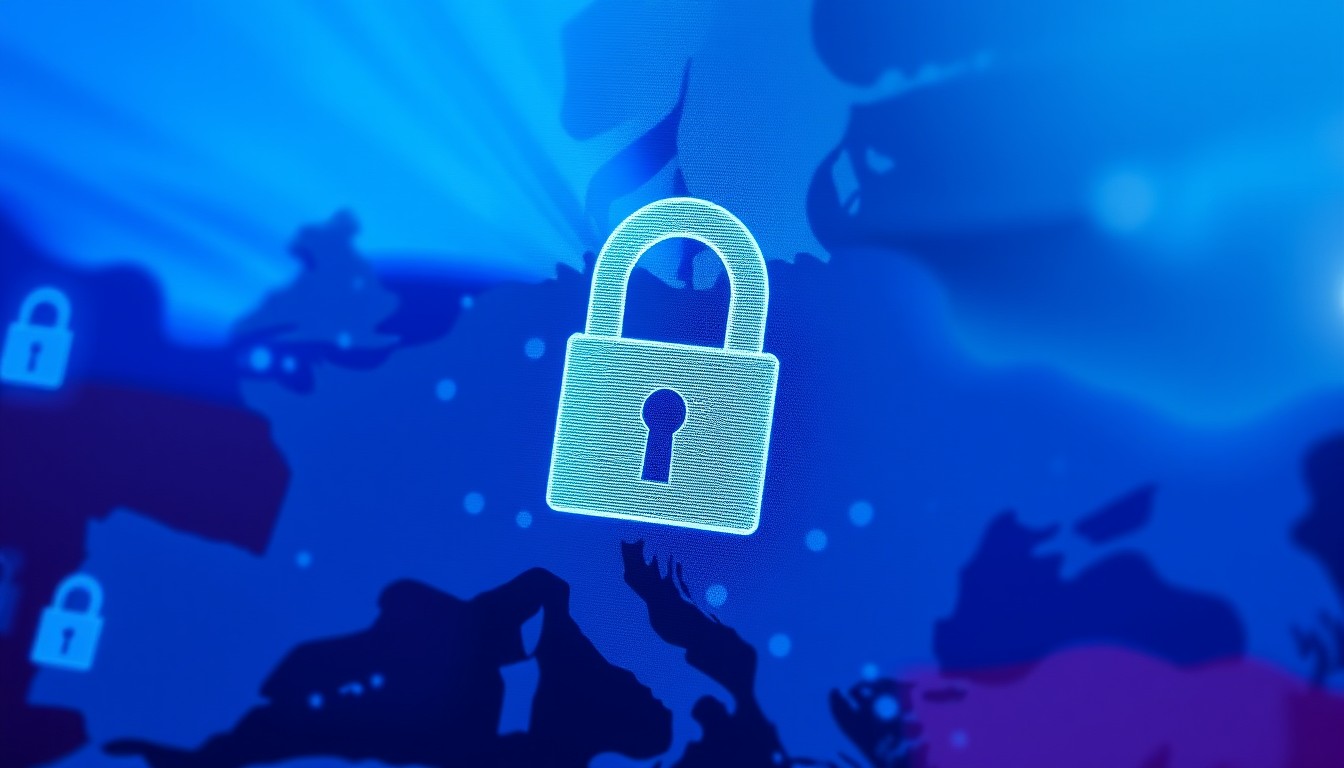Russia to Spend $646 Million to Block VPNs, According to Forbes Report

Russia plans to spend a significant amount of $646 million to block virtual private network (VPN) services. These measures aim to tighten control over the country's internet space and limit access to prohibited resources. According to information provided by Forbes, the Russian government seeks to create a tighter information barrier to prevent leaks and reduce the influence of foreign media. As VPN services remain one of the main methods for bypassing access bans on electronic resources, this decision carries major significance for internet users.
As part of this program, new technologies are expected to be implemented that will allow for the detection and blocking of VPN services within Russia. Analysts note that such actions may result in further centralization of information and control over internet content in the country. It may also increase risks for human rights, including freedom of speech and freedom of expression.
In recent years, Russia has already taken steps to restrict access to foreign websites. The blocking of VPNs marks a new chapter in this struggle, and it has sparked considerable resonance among internet users and human rights defenders, who condemn these measures as a direct limitation of freedom.
Furthermore, the allocated funds may be directed towards the development of alternative services that will comply with governmental requirements, allowing authorities to control the information flowing through the online space. This decision once again highlights the determination of Russian authorities to manage the media landscape and limit the influence of external factors on public opinion.
The situation with internet censorship in Russia remains tense, and further governmental actions to block VPNs may incite new protests and criticism from the international community. The irreparability of models of free access to information is becoming increasingly evident and raises concerns both within the country and beyond its borders.




